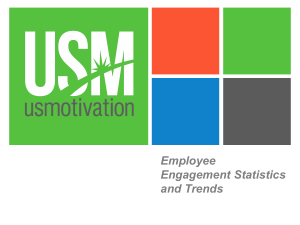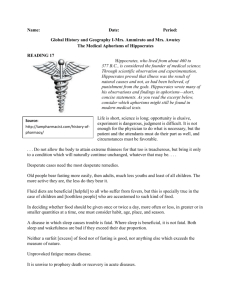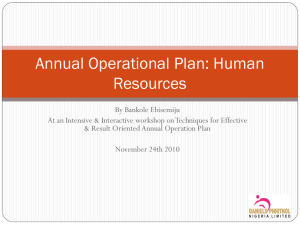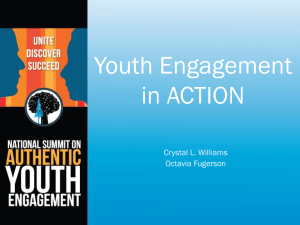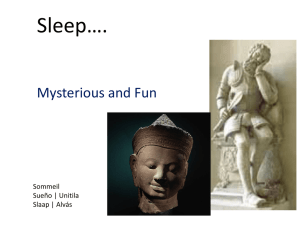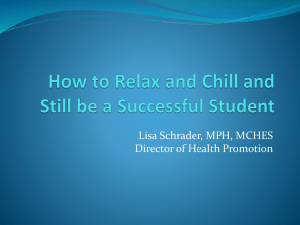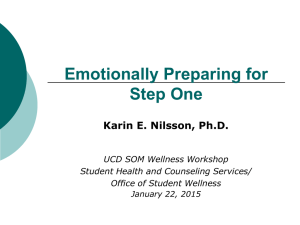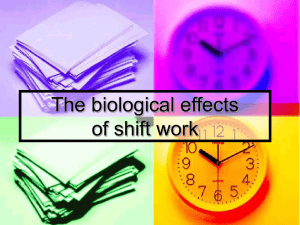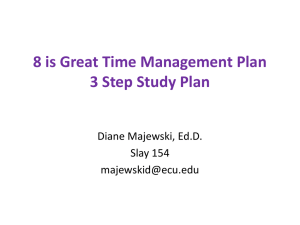Employees, Re-engage, Empower and Accountability
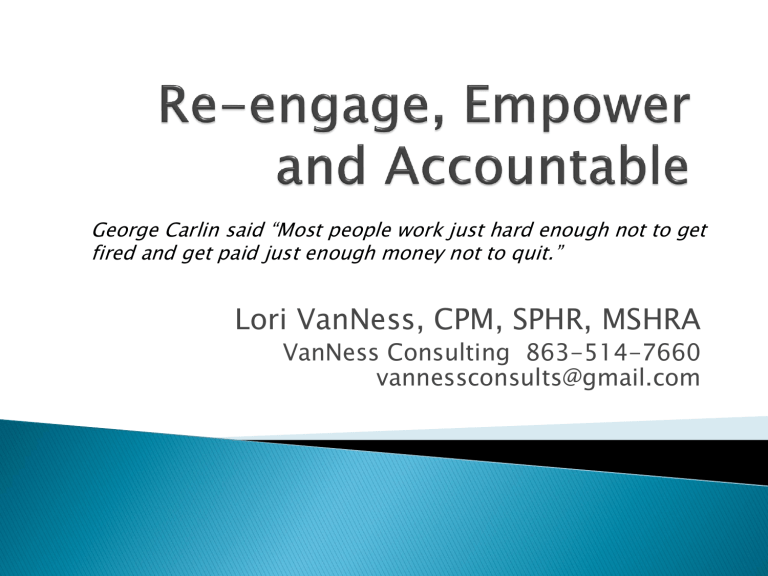
George Carlin said “Most people work just hard enough not to get fired and get paid just enough money not to quit.”
Lori VanNess, CPM, SPHR, MSHRA
VanNess Consulting 863-514-7660 vannessconsults@gmail.com
7 out of 10 employees are disengaged and they aren’t interested in their jobs –
Only 14% are in their “dream career” and 55% are interested in changing jobs according to
Money, September 2014
65% of full-time workers who don’t earn their desired salary
Threats, Lack of Trust and Lack of Caring top the charts
Transition of Leadership/Management
Workload too high
Lack of investment in Development/Mobility
Non-inclusive Culture
Old-fashioned Working Conditions
Micro-management
Fear Environment
Is the feeling of challenge change to feeling of routine?
Did you think something was missing?
Did you start to look around?
Did you know that the most valued employees most likely suffer from job discontent?
◦ Challenging work
◦ Personal growth
◦ Contributor
•
•
Willingness of an employee to happily involve themselves in their job and the work of the organization
Employee engagement is a combination of
─
─ job satisfaction organizational commitment
─ willingness to go beyond the formal requirements of the job
─ personal identification with the organization
Work with employee attitude
Improve job and work design
Engaged employees
Frustration
Achievement
Accept and deal with outside events
Cultivate the psychological contract
Energize a job means structure:
◦ Growth
◦ Challenge
◦ Renewal without leaving job/organization
◦ Process Improvement
◦ Assign different tasks
◦ Personal/Group goals
◦ Feedback on contribution
◦ Communicate, communicate, communicate
Energized and engaged leaders are essential
Self evaluation
Leaders must monitor, develop, enhance and ignite their own engagement and energy
Leaders should be the pilot light
◦ Dr. Theresa Welbourne wrote the following:
There is a lot of focus today on employee engagement, but what about leader energy and engagement? Everywhere you look there are signs that leaders are not doing very well.
Assume others are smart and working hard
Listen intently and ask thoughtful questions
Acknowledge the sacrifices others have made on your behalf
Express gratitude for their effort and their results
Remind them why their work is so important and the difference they are making
Evaluate yourself Daily – Physical/Nutrition
◦ Begin by evaluating you diet
Do you skip meals?
Do you take time to enjoy your food?
Do you shovel it in and forget what you ate?
Are you eating balanced meals?
Do you focus on keeping your body hydrated?
"The wise man should consider that health is the greatest of human blessings. Let food be your medicine."
- Hippocrates
Exercise
◦ Increases your health
◦ More energy
◦ Happier
Power Naps 15-20 minutes – even if you don’t sleep, you gain energy (do this on your break or lunch)
20 minute walk can wake up your mind
Get enough sleep 7-8 hours
"If we could give every individual the right amount of nourishment and exercise, not too little and not too much, we would have found the safest way to health."
-Hippocrates
Listen to pump-up music
Switch between tasks
Reward yourself for your achievements
Avoid multi-tasking
Try 10 more minutes
Schedule when possible
Take a vacation
Take breaks every 60-90 minutes
Get social
Manage your emotions
Remain calm under pressure
90% of Top Performers Manage their emotions
Alertness improves performance
Appreciation
Eliminate the “What if”
Stay Positive
DISCONNECT
Sleep
Eliminate negative self-talk
Engaged employees
Alignment between
◦ Strategy
◦ Structures
◦ Processes
◦ Rewards
◦ People
Meaningful work
Empower
Accountability is a 2-way street
Year-round focus
Discuss the benefits of success
Keep the team interested
Set realistic goals
Design reward/recognition
Get the team working together
Know your team – each member
Recognize the efforts
Be friendly – but not too friendly
Create social events outside of work
Create a comfortable environment
Be specific
Keep things fresh and exciting
Stay positive
BE A GOOD ROLE MODEL
Emotional Intelligence
◦ Self Awareness
◦ Self Regulation
◦ Motivation
◦ Empathy
◦ Social Skills
You can and do make a difference
Adopt a continual learning mindset
Review Articles, books, and discussions
◦ Reflect on self-improvement
Review, Refocus, Renew
Practice, Practice, Practice
Love what you do and have fun!
Live, Love, Learn, Laugh and Leave a
Legacy (S Covey modified by LV)
First – Ask employees what would benefit them most?
Wellness incentives
Seminars on Finances
Retirement Planning
Lunch and Learns
Parenting – Information Available
Relationship Seminars
USE your RESOURCES – Human
Resources/Talent Management Team
You can’t “retain” people, you can only
“attract” them.
You can’t “engage” them, but you can “inspire and support” them.
You can’t only “train” them, you can “enable them to learn” and “give them the opportunities to develop.”
Become an Inspirational Leader!
Being a team leader is simply: Giving total commitment to the team.
Seeking commitment from each member. Holding each member accountable to that commitment
.
Unknown
Use your calendar and schedule the most import things in first, break large projects into smaller pieces and schedule. Use your time wisely – if you are a morning person do those larger tasks first, if not, do them later.
If something comes up, keep track of your to-do list and try to schedule tasks together – email, phone calls, planning time.
Roles in your life
◦ Daily – You schedule and time and what you will do in each category for yourself
Intellectual (Read 10 pages)
Emotional (movie/bubble bath)
Spiritual – meditate/read
Physical –
Exercise/walk/breathe deeply
7 other roles –
Ie: Boss – choose one name
What you are going to do and when and how long – then schedule it in your calendar – this is a big rock
You can change roles weekly – and if schedule changes don’t fret, it is your schedule! And you can always arrow forward
